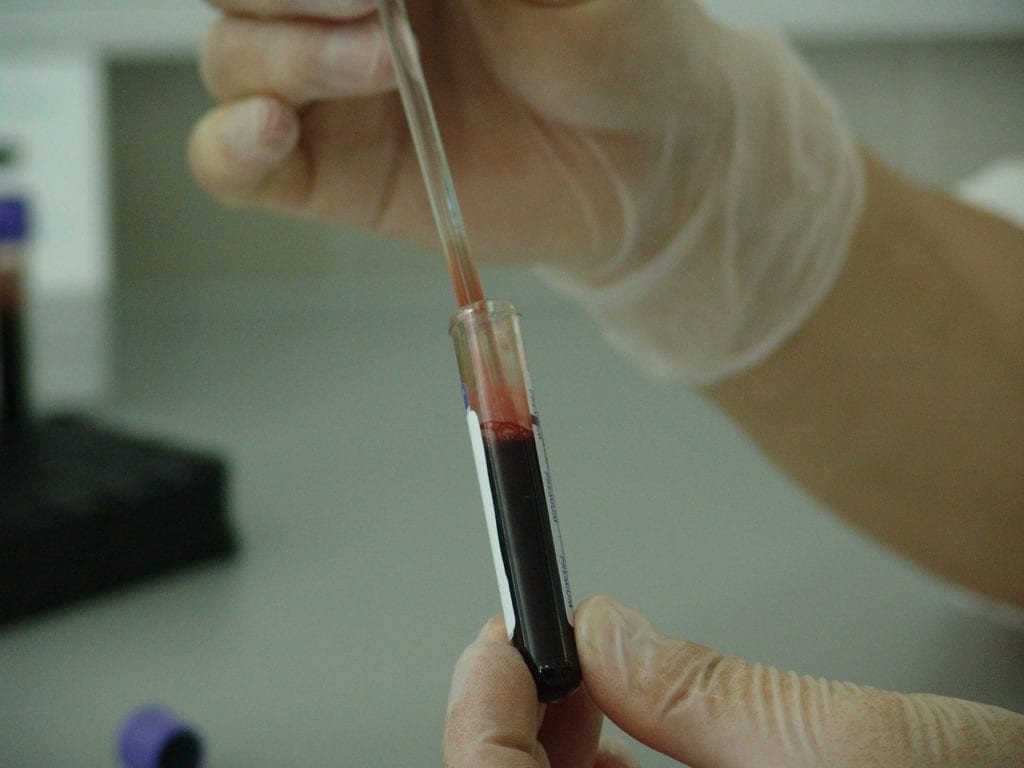According to a news release from biotechnology company LAVA Therapeutics N.V. (“LAVA”), the company’s therapeutic candidate LAVA-051 recently earned Orphan Drug designation from the FDA. The therapy is designed for patients with chronic lymphocytic leukemia (CLL).
LAVA-051
Orphan Drug designation is granted to drugs or biologics intended to help prevent, diagnose, or treat rare diseases. These are defined as conditions affecting 200,000 Americans or less. Once a drug – and drug developer – are given Orphan Drug designation, the drug developer also receives a variety of benefits including fee waivers, tax credits, increased regulatory assistance, and 7 years of market exclusivity upon approval.
The FDA recently granted Orphan Drug designation to LAVA-051. So what is this therapy? LAVA-051 was created using LAVA’s proprietary Gammabody platform which induces tumor cell death by targeting Vγ9Vδ2 T cells and tumor-associated antigens (TAAs). This treatment, a bispecific antibody, works to kill tumor cells that are expressing CD1d. Outside of chronic lymphocytic leukemia, LAVA believes that this treatment could be used to treat other cancers, such as multiple myeloma (MM) or acute myelogenous leukemia (AML).
Currently, researchers are enrolling patients within a Phase 1/2a clinical trial to evaluate LAVA-051 for patients with all of the above cancers. Within this clinical trial, researchers hope to evaluate the treatment’s safety, efficacy, tolerability, immunogenicity, and pharmacokinetic and pharmacodynamic profile. In the first part of the trial, researchers will evaluate varying doses of LAVA-051 for use in later trials. Some findings should be available in late 2022.
Chronic Lymphocytic Leukemia (CLL)
Chronic lymphocytic leukemia (CLL) is a blood and bone marrow cancer characterized by high levels of abnormal lymphocytes (a type of white blood cell). As these abnormal lymphocytes multiply, they crowd healthy blood cells out of bone marrow, causing complications. CLL is considered the 2nd most common adult leukemia. In early stages, patients may be asymptomatic. However, as symptoms develop, these include:
- Swollen – but painless – lymph nodes
- Appetite loss
- Fever and night sweats
- Fatigue
- Enlarged spleen
- Abdominal pain (upper left)
- Unintended weight loss
- Frequent infections






